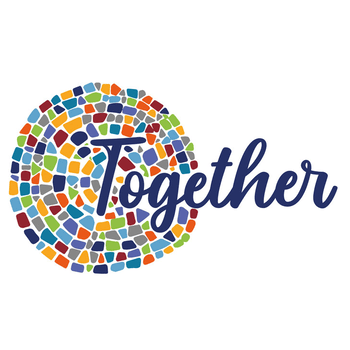The world is becoming more interconnected, and people from different contexts and backgrounds are coming into contact with everyday life. In such cultural situations, intercultural competence allows effective communication and collaboration between people from diverse cultural backgrounds.
Most people understand intercultural communication as taking place only when international cultures meet. But that’s not the case at all. All everyday interactions are examples of intercultural communication where everyone comes from different cultural contexts while having a different perception of normality.
What is intercultural competence? How does it work, and how can someone increase it? Read on to learn more on the subject.
What is intercultural competence?
Intercultural or cross-cultural competence is effective communication with people from other cultures and social groups. Being interculturally competent, someone can communicate appropriately without violating the norms, rules, and expectations. In other words, it allows effective cross-cultural communication and sets the boundaries for appropriate thinking and action.
What is culture made of

In your communication with others, you must have noticed that there is not always a shared understanding of each other. There is such diversity in people that intercultural competence is vital to understanding the social cues to avoid misunderstandings. Culture consists of aspects like identity, beliefs, self-awareness, and values. Intercultural competence adds the flexibility needed to adapt across various cultural contexts.
Well-meaning cultural clashes
The understanding of cultural differences usually happens in hindsight. During our school, professional or personal life, we encounter people who have had a different upbringing and have learned to interact in different ways. These differences lead to cultural clashes, which can happen everywhere. However, when they occur, the initial intentions are not necessarily bad. Everyone knows to socialize in different ways, and intercultural competence allows us to find the best way to communicate with someone.
How to increase intercultural competence?
Many confuse international experience with intercultural competence. But that is not true. People from different cultures and backgrounds have lived together for ages, but conflicts were inevitable. Intercultural contact may increase our cultural understanding of others and expose us to how they live and communicate. However, without being open-minded, cultural gaps are difficult to bridge.
In an intercultural setting, we must be open to the unknown, reflect on our ideas and behavior, and be adaptive to other cultures. To become interculturally competent, we need to embark on a self-development journey that is a long process. It is not something that someone can learn from a one-day seminar. It instead is a gradual process of self-reflection and personal development.
Conclusion
Have you ever experienced such intercultural clashes in the past? If not, it is only a matter of time before you find yourself in such a situation. For this, you need to prepare yourself by working on your intercultural competence, which will give you the adaptability and flexibility you will need in your intercultural exchanges.
TOGETHER | Towards a cultural understanding of the other

TOGETHER Erasmus+ project understands the importance of intercultural communication and the advantages of a culturally diverse society. For this reason, the project wants to bridge the differences between people, boost cultural understanding, and increase cohesion in European communities to face everyday challenges together.
Starting from the local level, the consortium targets local actors to train and promote our shared values while cultivating the critical principles of intercultural dialogue. This mission is vital as racial tensions are on the rise in the culturally diverse societies that we live in.
Institute of Entrepreneurship Development (iED) is an experienced partner in European projects with vast experience with Social Inclusion European projects from various European Programmes. If you want a strong ally on Social Inclusion for your consortium, we can’t wait to make you our partner.

